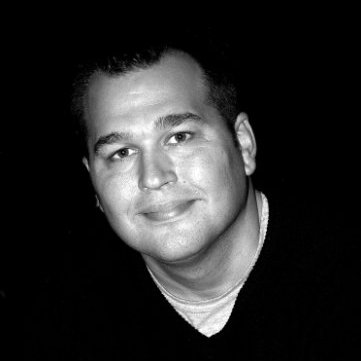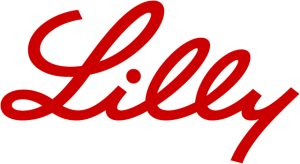Discover the Transferable Ph.D. Skills that Make You Employable
By Jennifer Casiano-Matos  It is very common in the Ph.D. and post-doc community to call ourselves specialists. Moving beyond the “specialist” or “graduate student” label is something that we ought to do if we are interested in a job outside academia. We often commit the mistake of not realizing the qualifications and skills that can make us stand out from others.
It is very common in the Ph.D. and post-doc community to call ourselves specialists. Moving beyond the “specialist” or “graduate student” label is something that we ought to do if we are interested in a job outside academia. We often commit the mistake of not realizing the qualifications and skills that can make us stand out from others.



 By: Yaa Haber
By: Yaa Haber